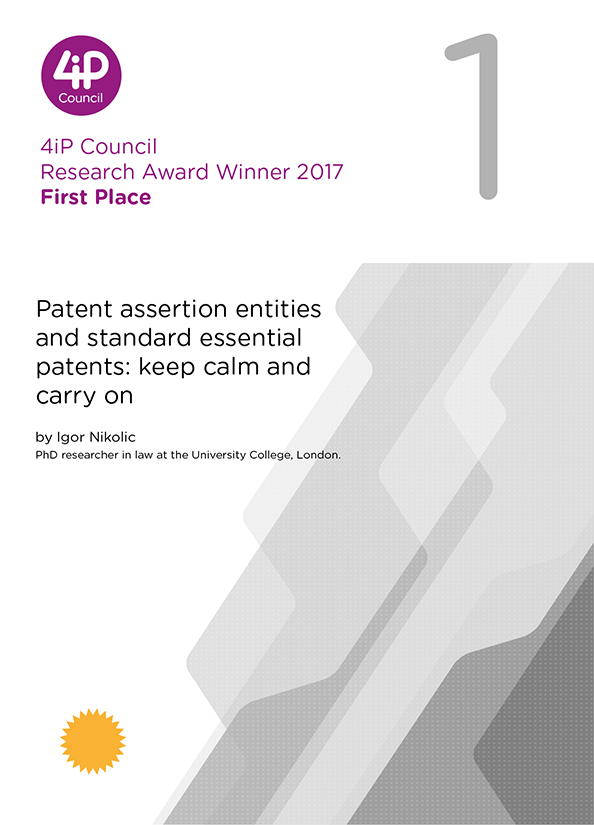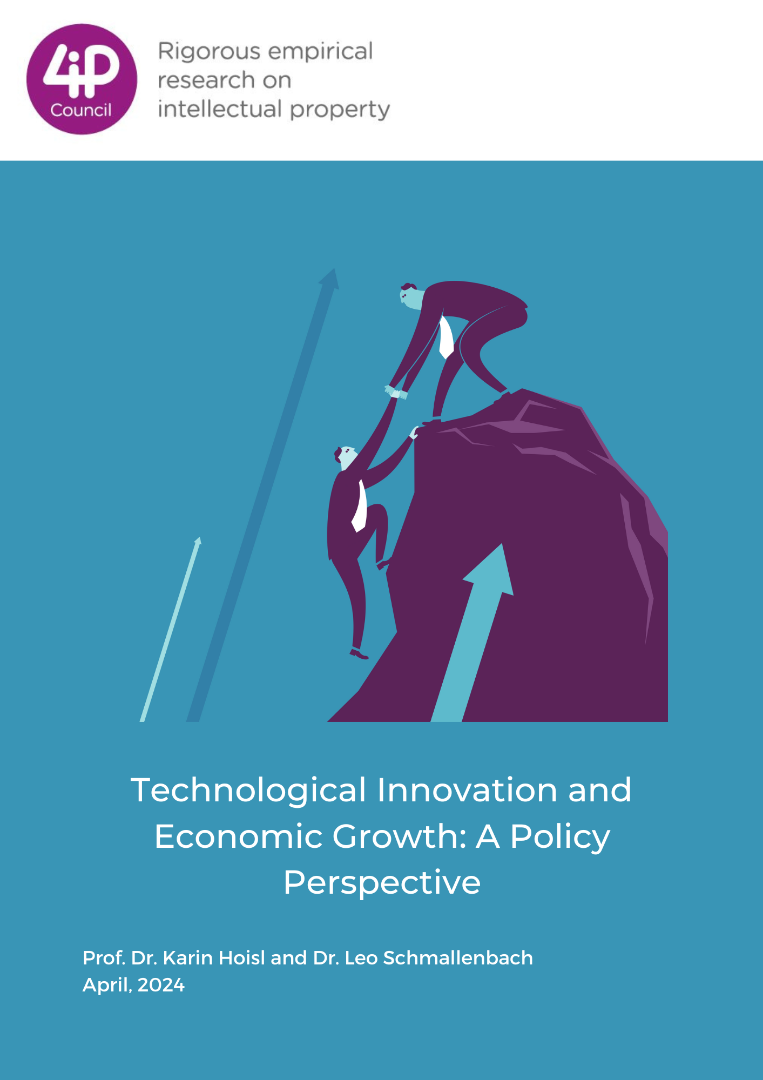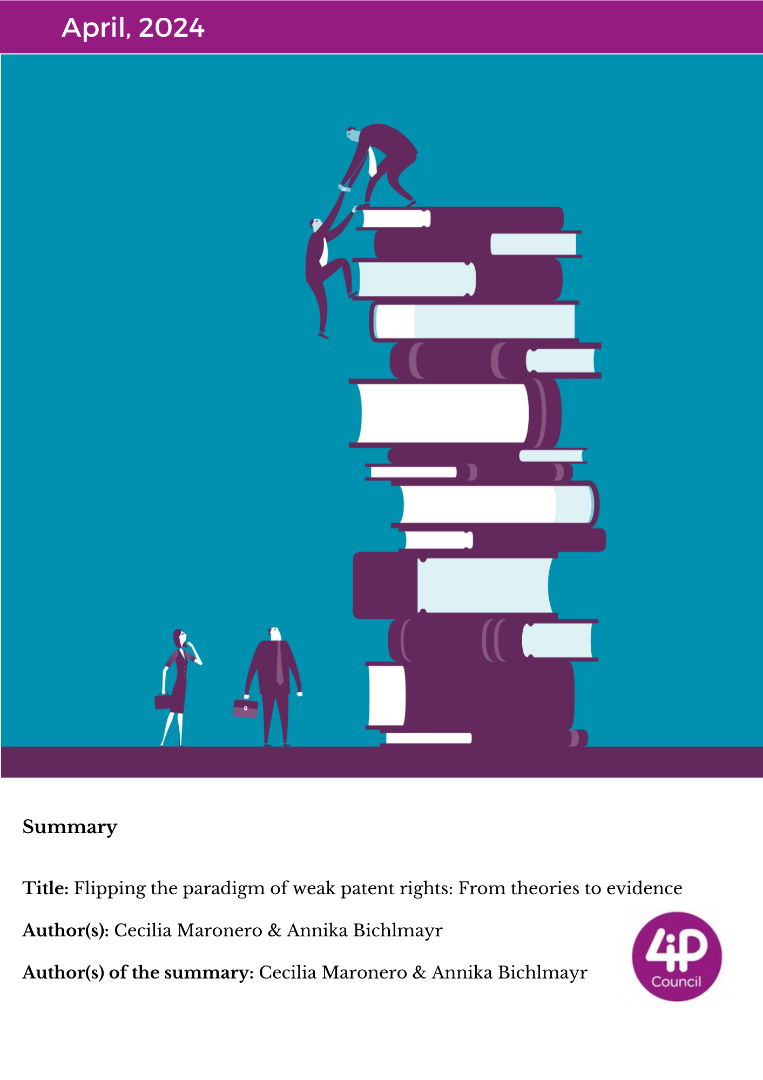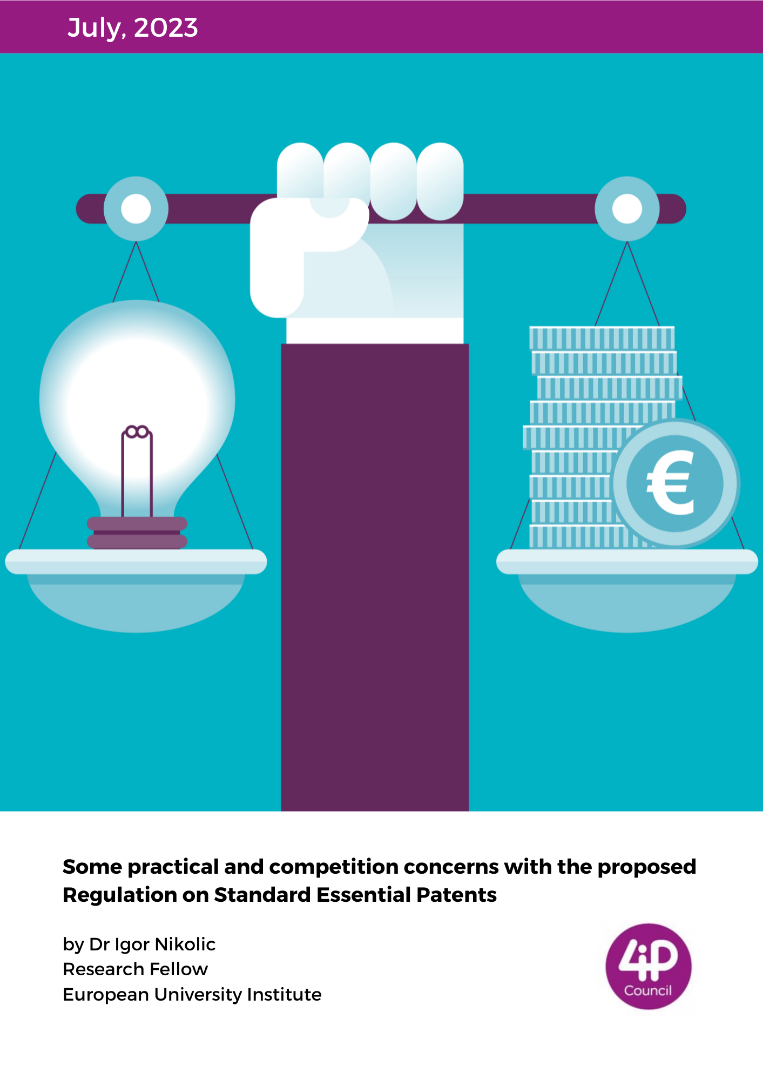Introduction
Patent Assertion Entities (PAEs), often called “patent trolls”, are companies active in acquisition and monetisation of patents. They do not produce any products covered by the patented technology, and
instead earn their revenues only by licensing patents acquired from others. PAEs have been frequently presented in the negative light as harmful predators that attack inadvertent companies that produce patent implementing products, demanding excessive licensing fees, harming implementing companies and ultimately rising prices for consumers.
PAEs have been especially criticised in a situation when they assert patents that are essential for widely adopted standards in telecommunications industry, such as 3G UMTS and 4G LTE standards. They have been accused of imposing unreasonably high licensing costs to firms practicing the standard, making the implementation of standard excessively costly and ultimately harming consumers. It has been suggested that competition law should apply against PAEs’ assertion of essential patents.
The aim of this article is to demonstrate that, first, PAEs are not a unitary phenomenon, but adopt many different business models. It will show that it is incorrect to label all PAEs as “bad” and to devise rules that would be aimed at this one particular category of patent holders. Next, it will show that in the SEP context, competition law is not an appropriate remedy and that PAEs do not have the ability to charge excessive royalties for SEPs.
The article will first proceed by defining PAEs and explaining their various business models. It will then discuss positive and negative effects of PAEs’ patent assertions that have been raised in the literature. The article will then discuss the assertion of standard essential patents by PAEs, the problematics surrounding patent privateering and propose effective solutions to perceived problems with the assertion of essential patents by PAEs.







